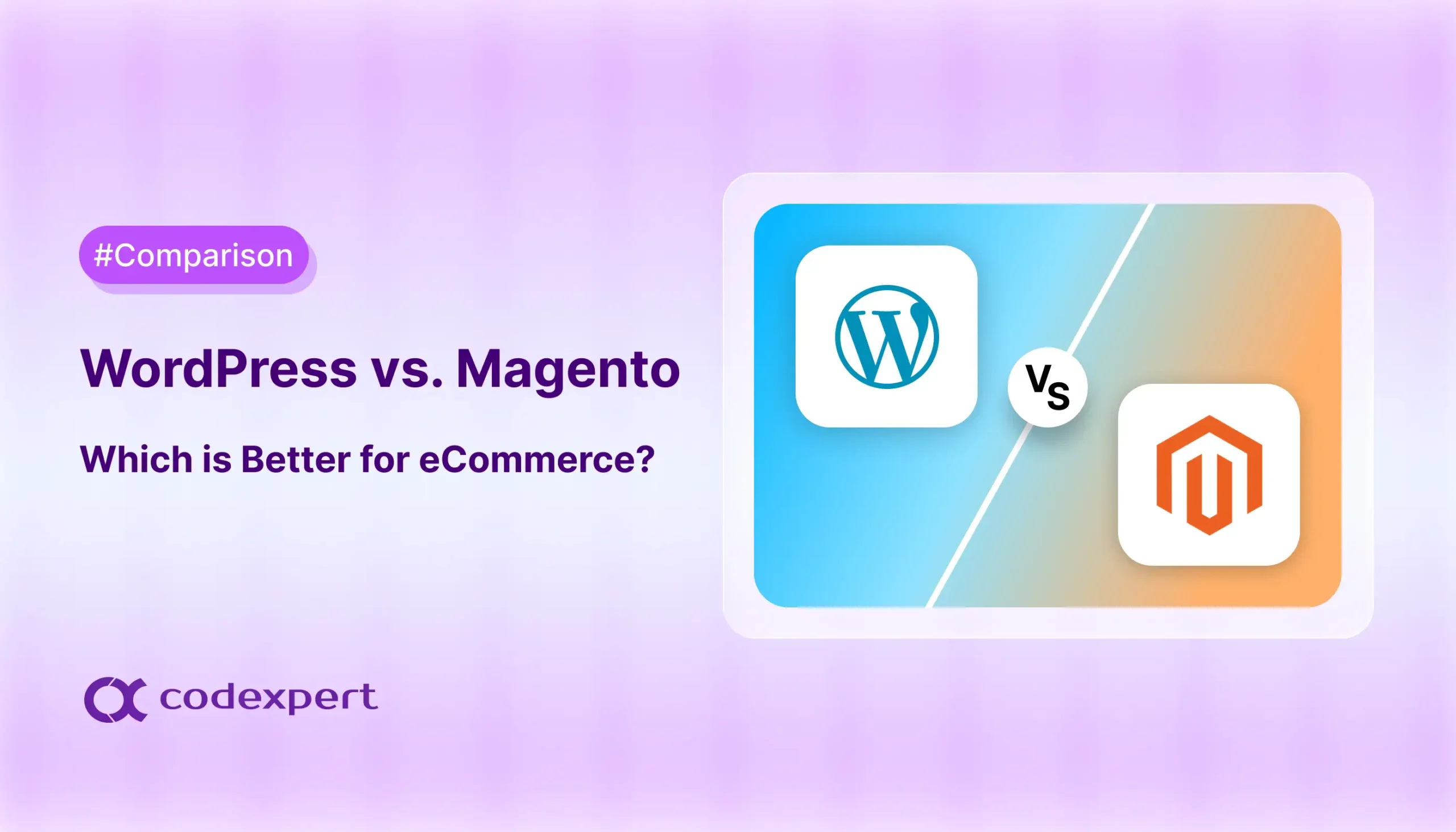6 Best Custom Post Type Plugins for WordPress (2025)
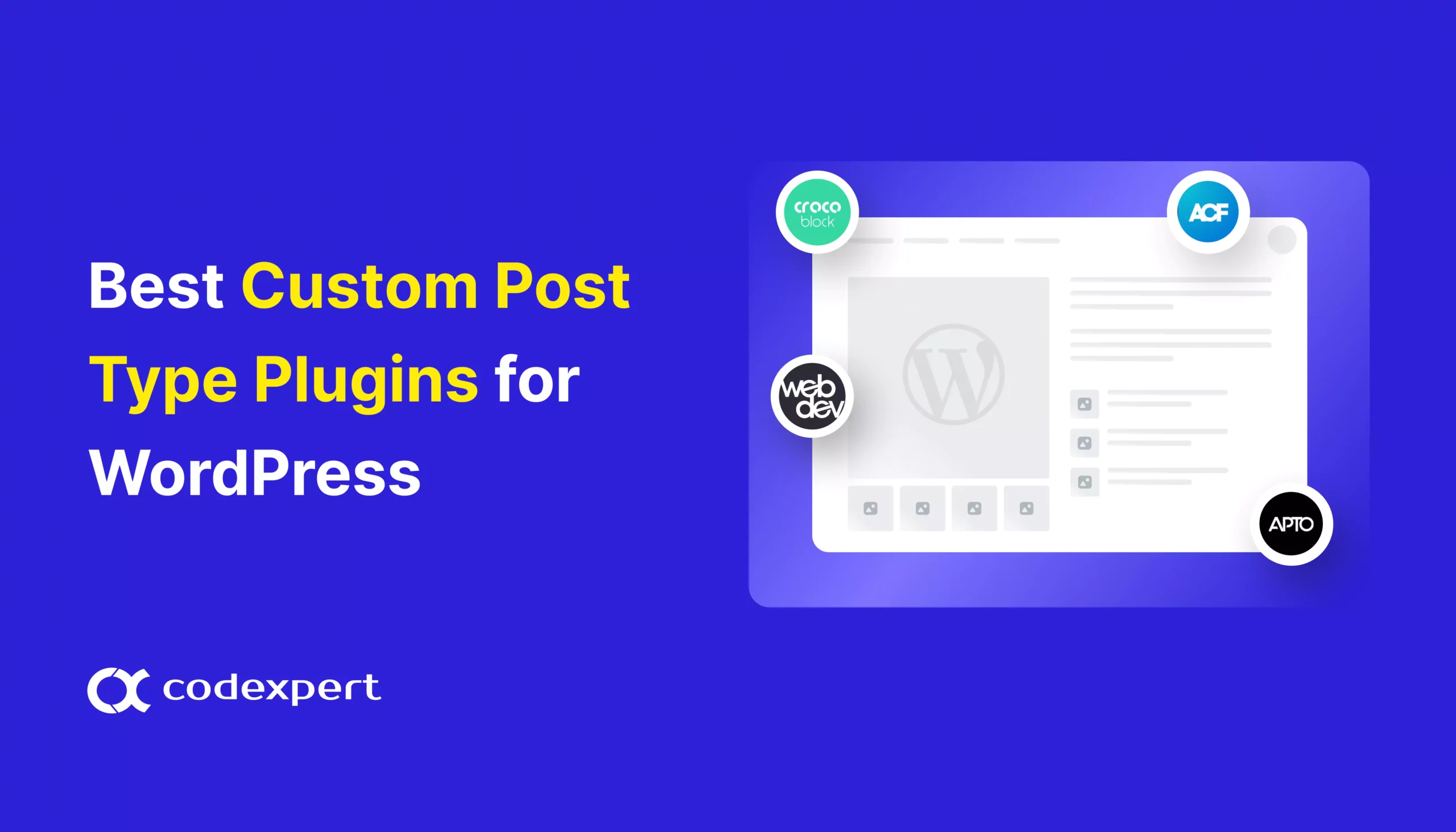
WordPress is a versatile platform used by 43.7% of all websites globally. Among its many features, custom post types stand out as a game changer for WordPress site owners. These features allow you to improve your site’s content management system and deliver a unique and smooth user experience.
While there are multiple ways to create custom post types, using a reliable plugin has become the go-to method for simplicity and efficiency.
In this article, we have covered 6 best custom post type plugins, their key features, pros and cons, pricing to help you choose the best one to take your site to the next level. Let’s get started!
What are Custom Post Types in WordPress?
Before entering the listicle, let’s discuss a custom post type. A Custom Post Type in WordPress allows you to structure and organize content beyond the default types like posts and pages. It allows you to create different types of content for your specific needs.
WordPress comes with several built-in post types, such as:
- Post: Typically used for blog entries or news updates.
- Page: Designed for static content like “Contact” or “About Us” pages.
- Attachment: Used for media uploads like images and videos.
- Revision: Track changes made to content.
- Navigation: Handles menu items.
Sometimes, the default post types aren’t enough to manage specific types of content. This is where you require a Custom Post Types plugin in your WordPress site.
How to Choose the Best Custom Post-Type Plugins For Your Website
A good Custom Post Type plugin doesn’t just help you create post types, it can transform your site’s structure and make content management easier. Here’s what to look for when selecting one for your website:
- Easy Post Type Creation: The plugin you choose should make it simple to create and manage custom post types, including options for tables, icons, and user roles.
- Support for Custom Fields: It should let you add extra data to your custom post types, like product prices or event dates, to go beyond basic content.
- Custom Taxonomies: Organizing your content with categories and tags specific to your post types is a must-have feature.
- Conditional Logic: Provide flexibility to show or hide fields based on specific conditions. It can help you make your forms or interfaces smarter.
- Access Control: Ensure that the plugin provides role-based access for managing your custom post types securely.
Best Custom Post-Type Plugins for WordPress: Comparison
| Plugin | Unique Feature | Best For | Ease of Use | Pricing | Ratings (Out of 5) |
| Advanced Custom Fields (ACF) | Over 30 field types and developer-friendly API. | Developers and editors need flexible content fields. | Moderate | Personal: $49/year | 4.4 |
| Post Types Order | Drag-and-drop ordering for posts and custom post types. | Organizing and reordering content. | Easy and User-friendly. | Single Site: $39 one-time | 4.5 |
| JetEngine | AI query generator and advanced dynamic content listing. | Dynamic content creation for Elementor, Gutenberg, and Bricks users. | Moderate | Starts from $43/year (No free version) | 4.4 |
| Toolset Types | Interconnected custom post types and advanced search capabilities. | Managing complex content relationships. | Moderate | Single Site: €69/year (No free version) | 3.7 |
| Meta Box | Over 40 custom field types with import/export options. | Lightweight and efficient field customization. | Moderate | Basic Bundle: $149/year | 4.8 |
| Custom Post Type UI (CPTUI) | Shortcode builder for displaying post type. | Registering custom post types. | Easy | Single Site: $29 | 4.6 |
Best Custom Post-Type Plugins for WordPress
1. Advanced Custom Fields (ACF)
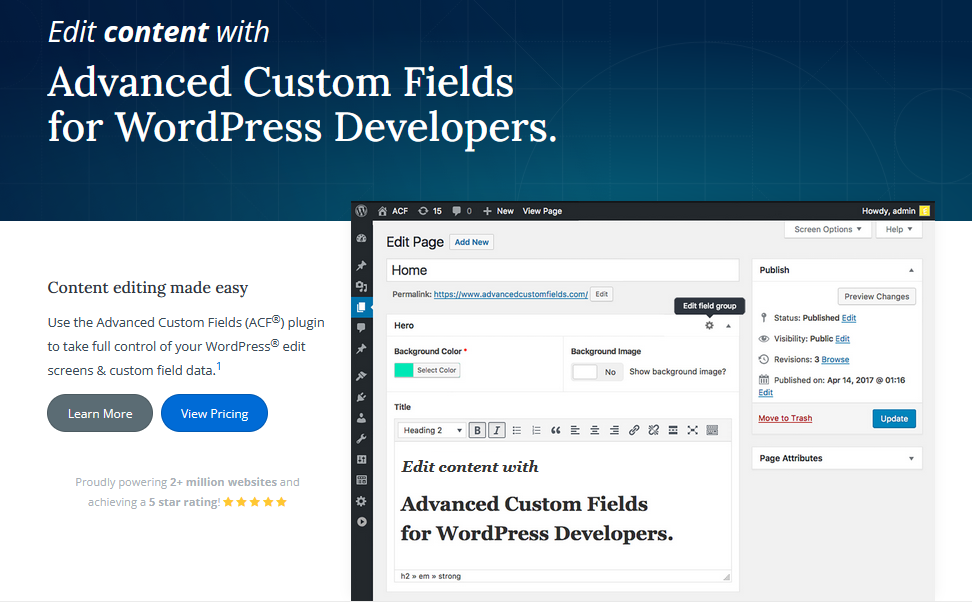
Advanced Custom Fields (ACF) is a powerful plugin that improves site functionality by adding customizable fields to content. This plugin allows you to create custom post types and taxonomies and offers effortless control over field data placement within your WordPress site.
With over 30 field types, you can integrate various elements like posts, pages, users, and more. The premium version offers advanced features to define, create, and manage content with flexible content fields. This feature allows you to easily add multiple layout and sub-field options in your content sections.
Key Features
- Enables you to create custom fields easily.
- Offers flexibility with over 30 versatile field types including text, image, etc.
- Options to add custom fields to posts, pages, users, taxonomy, and even custom options pages.
- Have developer-friendly API.
- Seamless integration with plugins and themes.
Pros
- User-friendly interface and accessible for bot developers and content editors.
- Comprehensive guides and tutorials are available.
- Supports custom post types and taxonomies.
Cons
- Overuse of custom fields can impact site performance.
- Requires advanced knowledge of layout creation.
Pricing
Advanced Custom Fields is a premium plugin. The pro plugin comes up with: i) Personal plan $49/year, ii) Freelancer plan $149/year, and iii) Agency plan $249/year
2. Post Types Order
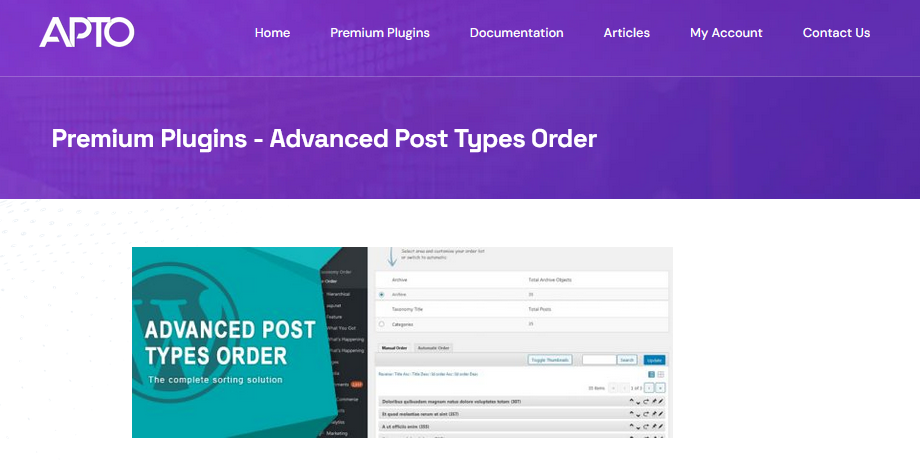
Post Types Order is a widely popular WordPress plugin with over 12 Million downloads. This plugin allows users to reorder WordPress posts and post types.
It supports both custom post types and default posts, without any coding and manual sorting through custom query arguments. Users of all experience levels can easily manage post arrangements, and advanced features like hierarchical post ordering and compatibility with various WordPress plugins are available in its advanced version.
Key Features
- Reorder posts and custom post types through a drag-and-drop system.
- Manage the order of any custom post types including default posts and pages.
- Automatic sorting and applying customized post orders.
- Enhanced Interface with List/Grid view feature.
Pros
- User-friendly and accessible for all experience levels users
- Enables post-recording without the need for manual code edits.
- Works with various post types.
Cons
- Users may face potential conflicts.
- Can conflict with other plugins and themes.
Pricing
Post Types Order has a free version offering essential features for post-ordering. For advanced features and functionality such as hierarchical post type ordering, and advanced query filtering check out its pricing:
i) Single site License $39, one-time payment.
ii) Developer License $100 including unlimited site license.
iii) Bulk Developer License $150 including all advanced features.
3. JetEngine
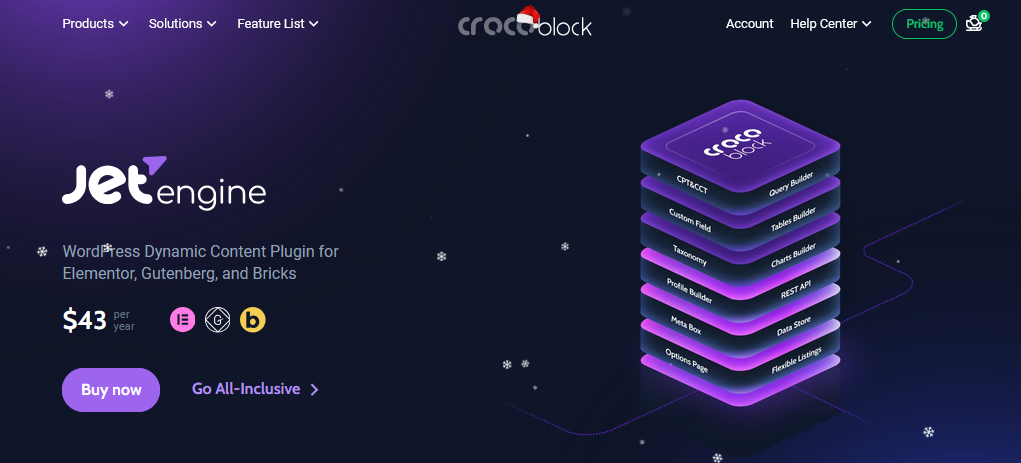
JetEngine is a comprehensive WordPress plugin developed by Crocoblock. This advanced plugin is designed to improve dynamic content management for websites built with Elementor, Gutenberg, and Bricks.
It offers a suite of tools that enables users to create custom post types, taxonomies, and meta fields to create a well-structured website without any coding skills.
Key Features
- Easily create and manage custom post types and taxonomies to organize content.
- Add custom fields and meta boxes to post types.
- Display dynamic content using various listing and grid layouts.
- Provide AI structure builder and AI query generator.
Pros
- Works with the multiple-page builder.
- Provides a variety of features in a single plugin.
- User-friendly UI and great support.
Cons
- Don’t have any free version.
- User may find it difficult due to extensive features.
Pricing
This WordPress dynamic content plugin includes multiple features in its premium plugin. It’s pricing starts from $43 per year.
4. Toolset Types
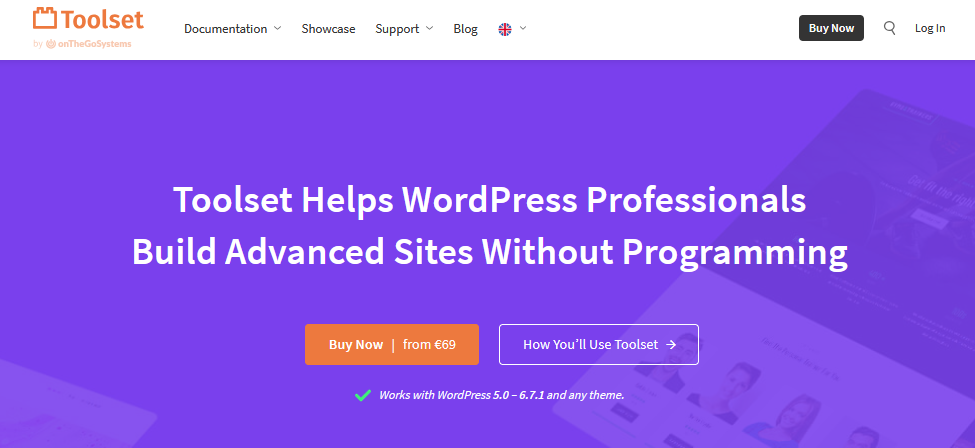
Toolset Types is a robust WordPress plugin that empowers users to create and manage custom post types, fields, and taxonomies without requiring coding skills.
It integrates easily with the WordPress Block Editor and the interface is very user-friendly. With Toolset Type each custom post type gets its own editing interface in the admin including its fields and taxonomy. Also, using this plugin, it’s easier to manage content when you separate content into custom post types.
Key Features
- Easily create and manage custom post types and taxonomies to organize content.
- Add custom fields to your post types with detailed customization.
- Define the relation between different post types to create an interconnected content structure.
- Options to build custom templates and archives with Block Editor.
Pros
- Smoothly integrates with WooCommerce, Yoast, and other popular plugins.
- Perfect for supporting custom post types and enhancing essential website functionality.
- Offers advanced features such as custom search, front-end forms, sliders, and maps.
Cons
- Forms don’t have advanced functionality.
- No free version is available.
Pricing
Toolset Types is a premium plugin with many essential features. Here’s what the premium plugin costs for your website-
i) Single site at €69 and the renewal is €51/year.
ii) Three Sites at €149 and the renewal fee is €111/year.
iii) Unlimited Sites at €299 and the renewal is €224/year.
5. Meta Box – WordPress Custom Fields Framework
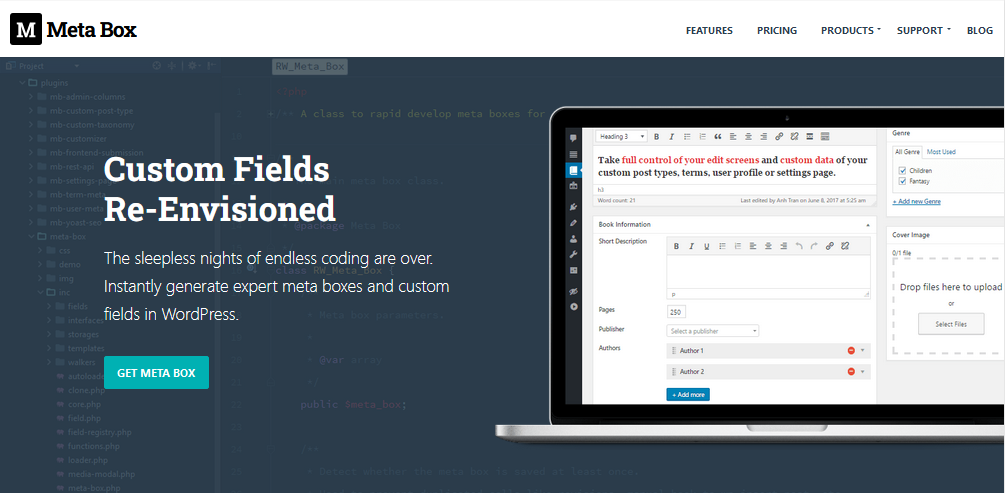
Meta Box is a powerful, professional, and lightweight plugin designed for developers to create custom meta boxes and custom fields for any custom post type in WordPress.
With Meta Box, you can easily add custom fields and details to your website. You can even include this in pages, posts, custom post types, forms, and more. It offers over 40 different field types such as text, images, file uploads, checkboxes, etc.
Key Features
- Well-coded and lightweight, ensuring your site runs smoothly.
- Supports over 40 types of custom fields for flexible data input.
- Allows you to create any metadata or custom fields.
- Supports all options for creating custom post types and taxonomies.
Pros
- Edit custom post types directly on your site.
- Easily import and export registered custom post types.
- Users can access a variety of free extensions.
Cons
- Advanced features are in the premium version.
- Lacks third-party integrations.
Pricing
Meta Box offers core plugins free. For advanced functionalities, premium bundles are available-
i) $149/year for Basic Bundle.
ii) $229/year for Ultimate Bundle.
iii) $699/year for Lifetime Bundle.
6. Custom Post Type UI
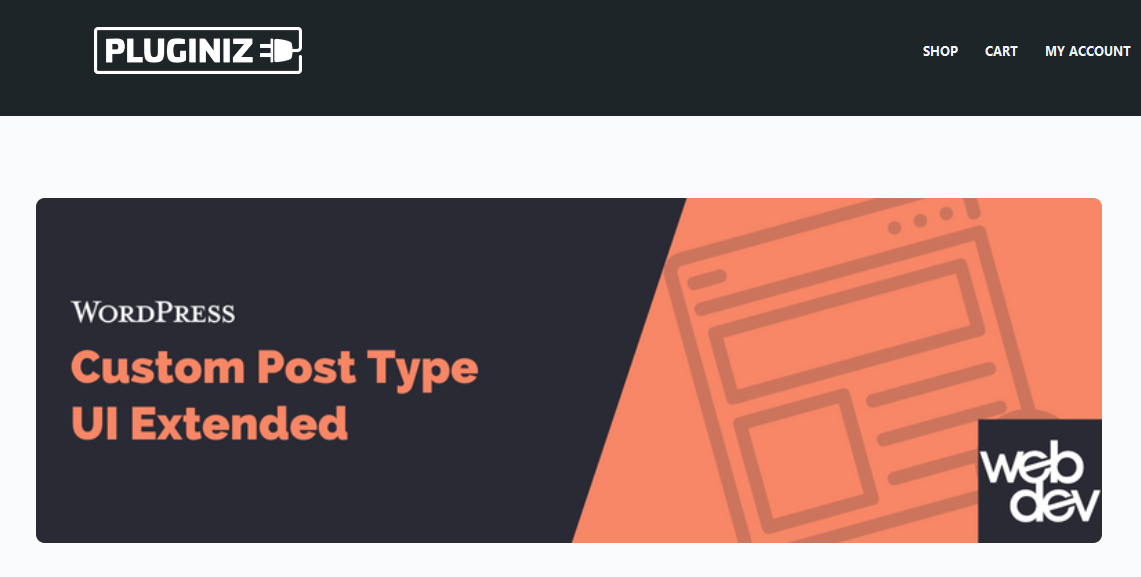
Custom Post Type UI (CPTUI) is a popular WordPress plugin that makes it easy to create and manage custom post types and taxonomies.
While CPTUI helps you register custom content types, it doesn’t handle how they appear on your site. That’s where Custom Post Type UI Extended (CPTUI Extended) comes in. It allows you to easily display custom post type content across your website.
Key Features
- Includes block to showcase your custom post type content anywhere on your site.
- Offer a shortcode builder that works with any post type.
- Advanced labeling options for custom post types.
Pros
- Supports a wide range of post-editor features.
- Provides separate listings for custom post types and taxonomies.
- Offers essential functionality with minimal technical glitches and security issues.
Cons
- No built-in support for custom fields.
- Further configuration is required for generating the post types.
Pricing
CPTUI Extended is available with the following pricing options:
i) Single site license at $29.
ii) 2-5 site license at $49.
iii) Unlimited site license at $84.
Wrapping Up
Choosing the right custom post type plugin can really make your WordPress site work better for you. Think of these plugins as special tools to help you organize your content exactly how you want it.
If you are a beginner, plugins like Custom Post Type UI and Post Type Order are great choices. For those who need more powerful options, Advanced Custom Fields (ACF) or Meta Box can give you all the bells and whistles to create exactly what you need.
When deciding to purchase a premium plugin, make sure to check reviews from experts, plugin review channels, and WordPress forums to find the perfect one for your website.
Frequently Asked Questions (FAQs)
Q. Can I create a custom post type in WordPress?
Yes, you can create custom post types in WordPress. You can do this either manually by adding code to your theme’s functions.php file using the register_post_type() function or by using a plugin like Advanced Custom Field or Post Type Order. Using plugins makes the process simpler and more user-friendly, especially for beginners.
Q. How do I get all custom post types in WordPress?
If you want to get all custom post types in WordPress, you can use the get_post_types() function in your theme or plugin code. For example:
$args = array(
'public' => true,
'_builtin' => false,
);
$custom_post_types = get_post_types($args, 'names');
print_r($custom_post_types);This code will help you retrieve all publicly available custom post types registered on your WordPress site.
Q. What is the difference between posts and custom posts?
The main difference between posts and custom posts lies in their purpose and structure.
Posts are designed for blog content and time-sensitive updates. They are arranged chronologically and often include categories, tags, and an author. Where custom posts are used to create and handle specific types of content, like “Products,” “Events,” or “Portfolio Items.” Custom post types have their structure, fields, and taxonomies tailored to your needs.
Q. Why do we require custom post types plugins for our website?
Custom post type plugins simplify the process of creating and managing custom post-types without requiring coding skills. They also provide additional features like:
- Custom fields for more data flexibility
- Taxonomies for organizing content.
- Templates for custom layouts.
- User roles and permissions for secure management.
Subscribe to Our Newsletter
Get the latest WordPress tutorials, trends, and resources right in your inbox. No Spamming, Unsubscribe Anytime.

Thank you for subscribing to our newsletter!
Table of Content
- What are Custom Post Types in WordPress?
- How to Choose the Best Custom Post-Type Plugins For Your Website
- Best Custom Post-Type Plugins for WordPress: Comparison
- Best Custom Post-Type Plugins for WordPress
- 1. Advanced Custom Fields (ACF)
- 2. Post Types Order
- 3. JetEngine
- 4. Toolset Types
- 5. Meta Box - WordPress Custom Fields Framework
- 6. Custom Post Type UI
- Wrapping Up
- Frequently Asked Questions (FAQs)
- Q. Can I create a custom post type in WordPress?
- Q. How do I get all custom post types in WordPress?
- Q. What is the difference between posts and custom posts?
- Q. Why do we require custom post types plugins for our website?












